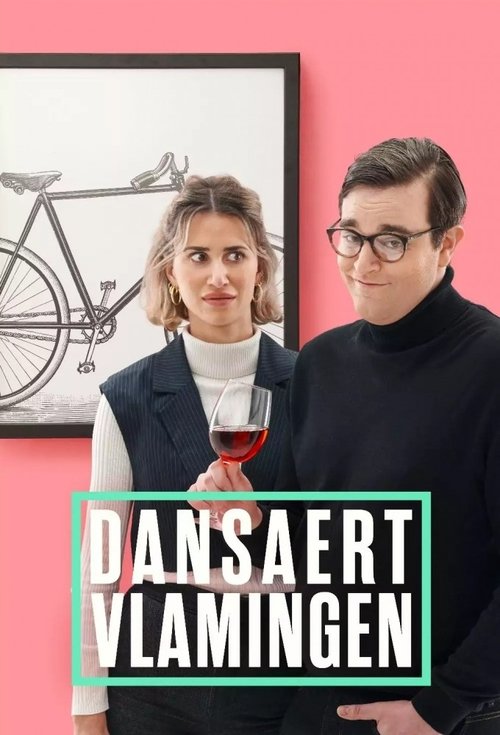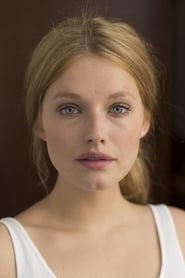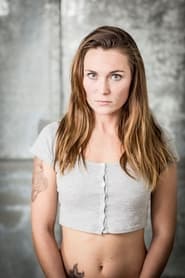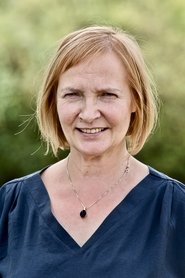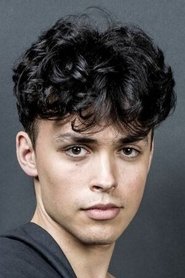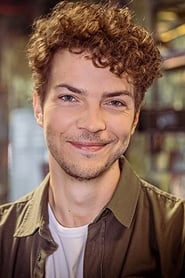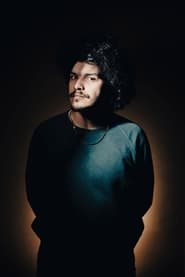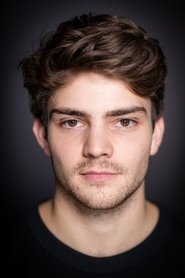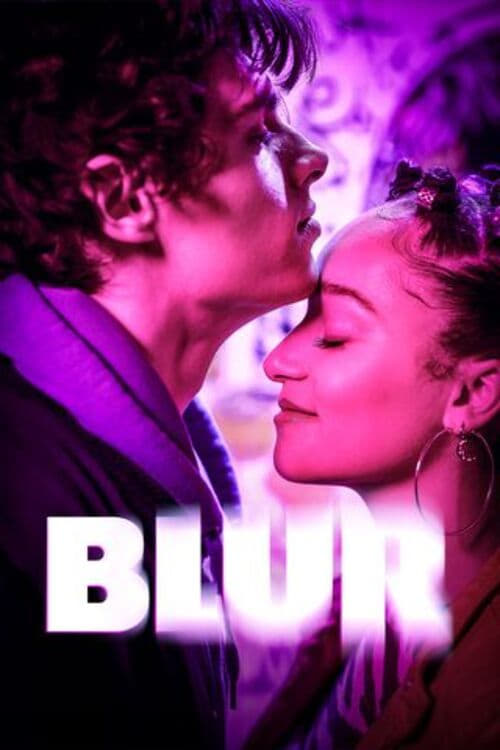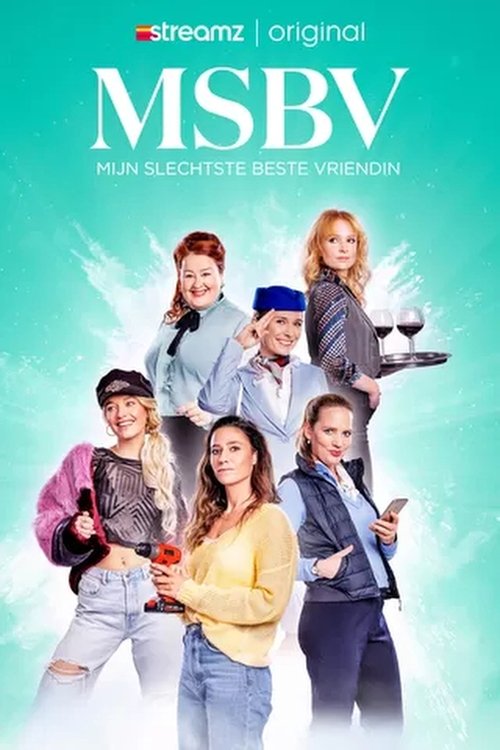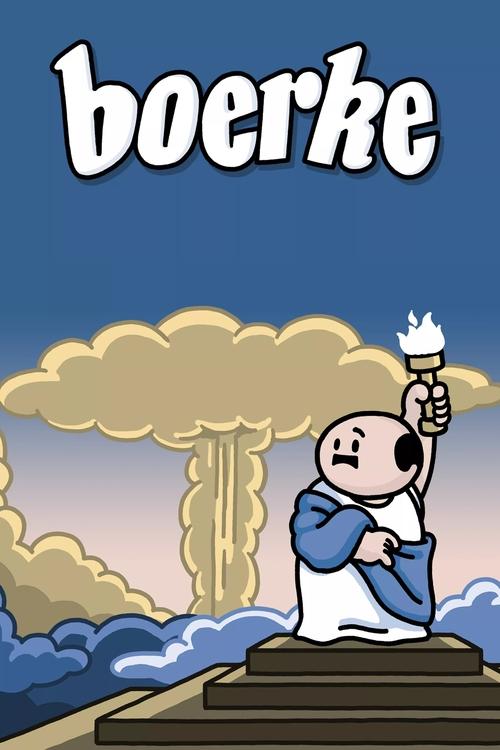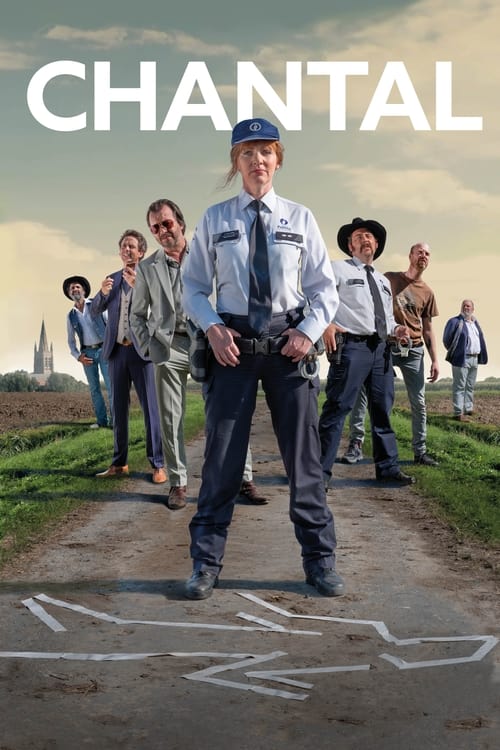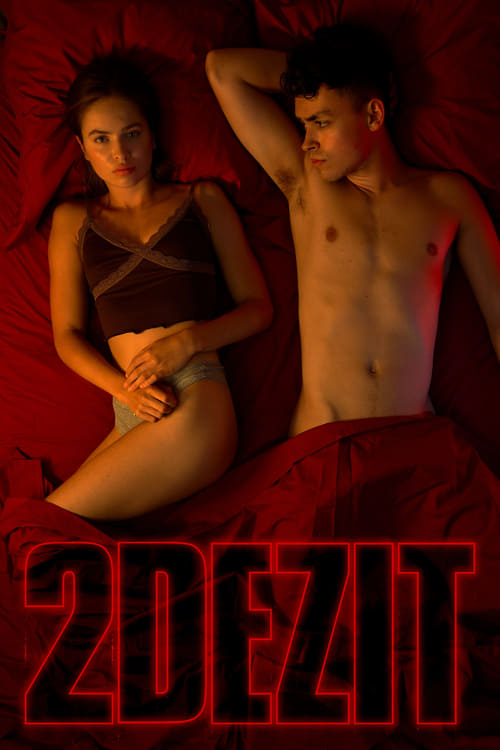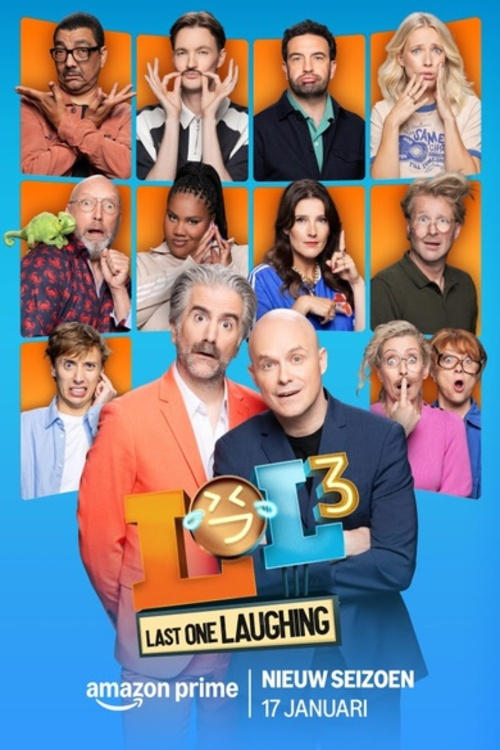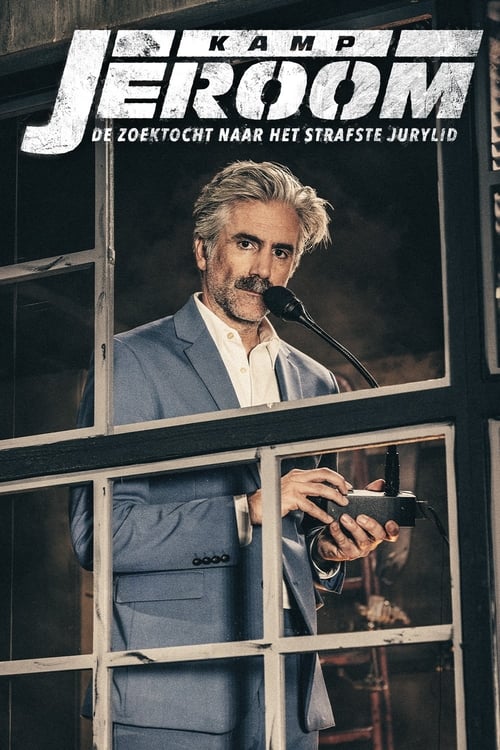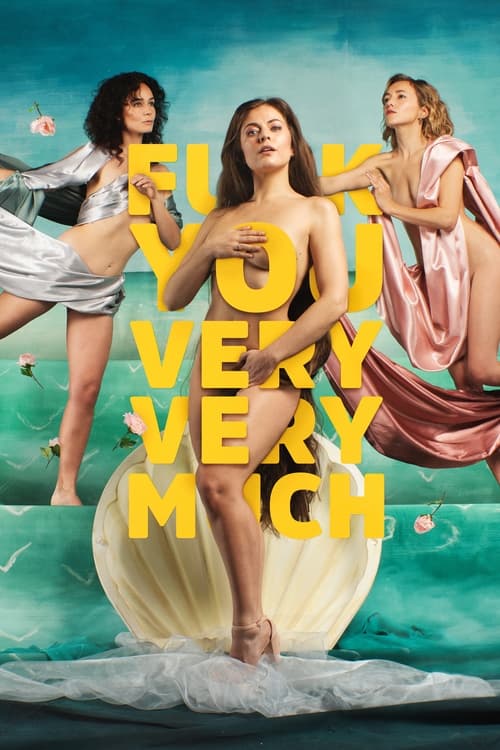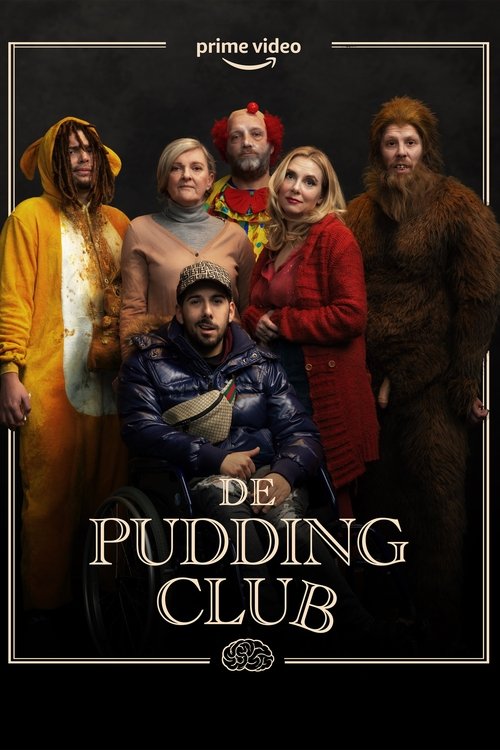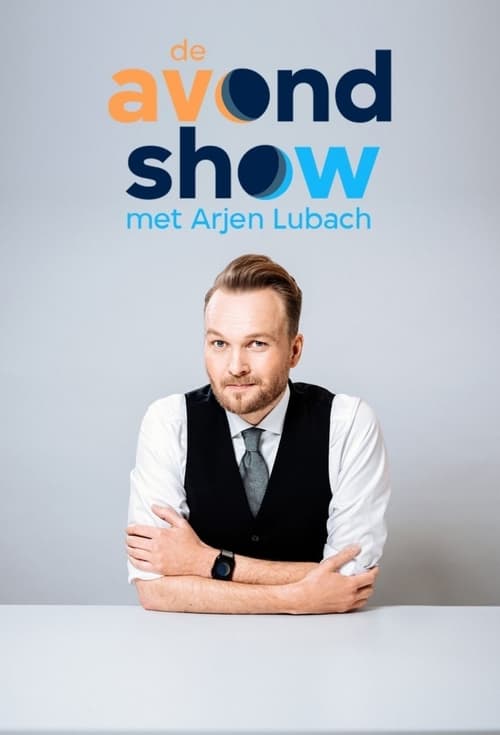
Ask Your Own Question
What is the plot?
The series begins with Ilse, a young Flemish woman, moving from Flanders to Brussels to start a new life in the Dansaert neighborhood. She rents a small apartment and quickly becomes immersed in the local culture, which revolves around organic coffee, startup jobs, and a strong sense of community among the young, hip Flemish middle class. Ilse meets her neighbors, including Merel, a fellow Dansaertvlaming who works in online content creation and is deeply invested in maintaining the image of the neighborhood.
Ilse struggles to fit in at first, feeling out of place among the residents who seem effortlessly stylish and socially connected. She attends a local coffee bar where everyone knows each other, and she is introduced to the group's rituals, such as weekend brunches and group bike rides. Ilse tries to adopt their lifestyle, buying a cargo bike and joining their social events, but she often feels like an outsider.
Merel takes Ilse under her wing, helping her navigate the social dynamics of the neighborhood. Merel encourages Ilse to participate in a community project aimed at beautifying the area, which involves organizing a street festival. Ilse becomes more involved, making new friends and starting to feel accepted. However, tensions arise when the festival planning reveals underlying conflicts among the residents about how much to commercialize the event and whether to invite people from outside the neighborhood.
During the festival, a group of outsiders arrives, including some from Wallonia and a few international visitors. The Dansaertvlamingen are initially welcoming, but as the day progresses, cultural differences and misunderstandings lead to arguments. Ilse finds herself caught between her new friends and the outsiders, trying to mediate but ultimately feeling torn about where she belongs.
After the festival, Ilse begins to question her identity and the authenticity of the lifestyle she has adopted. She starts to notice the contradictions within the community, such as the residents' pretensions and their selective openness to others. Ilse confides in Merel, who admits that she too has doubts but feels trapped by the expectations of the group.
Ilse decides to take a break from the neighborhood and spends time exploring other parts of Brussels. She meets people from different backgrounds and begins to see the city from a new perspective. This experience helps her gain clarity about her own values and what she truly wants from life.
Ilse returns to Dansaert with a renewed sense of self. She shares her insights with Merel and the others, sparking a conversation about the need for greater inclusivity and authenticity within the community. The residents listen, and some begin to reflect on their own behaviors and attitudes.
The series concludes with Ilse organizing a new event that is more open and diverse, inviting people from all over Brussels to participate. The event is a success, and the Dansaertvlamingen start to embrace a more inclusive approach to their community. Ilse feels a sense of belonging, not because she has fully assimilated, but because she has found a way to be true to herself while still being part of the group.
What is the ending?
Dansaertvlamingen (2023) does not have a traditional narrative ending with a resolved plot or character arcs, because it is not a scripted drama or serialized story. Instead, Dansaertvlamingen is a sketch comedy series, inspired by the popular Instagram account of the same name, and created by Sara Leemans. The show consists of eight short episodes, each featuring a series of comedic sketches that satirize the lives, habits, and social dynamics of young, urban, mostly Flemish millennials living in the Dansaert neighborhood of Brussels.
There is no overarching story or final episode that brings the series to a dramatic or emotional conclusion. Each episode stands alone, with recurring characters and themes but no continuous plot. The "ending" of the series is simply the last sketch in the eighth episode, which, like the rest, presents a humorous, exaggerated, and often ironic look at the daily lives of its characters.
Dansaertvlamingen is structured as a sketch show, so the ending is not a climactic resolution but rather a continuation of the comedic tone and satirical style that defines the entire series. The eighth episode, like the previous seven, features a series of short scenes, each lasting a few minutes. These sketches depict various characters in typical situations: ordering overpriced coffee, debating the ethics of veganism, navigating awkward social interactions, or making self-conscious lifestyle choices.
In the final sketch of the series, a group of friends is seen at a trendy brunch spot, discussing the latest wellness trends and debating whether to order avocado toast or a gluten-free croissant. The conversation is filled with jargon, self-awareness, and subtle judgment, ending with one character awkwardly admitting they actually prefer regular bread. The group laughs, but the laughter is tinged with a sense of irony, as if they are both mocking and embracing their own habits.
Throughout the episode, recurring characters appear in different scenarios: a hipster barista who takes his job too seriously, a couple trying to impress each other with their knowledge of obscure music, and a group of friends who are constantly comparing their life choices. None of these characters experience a dramatic change or resolution; they remain as they were at the beginning of the series--caught in the cycle of self-awareness, social pressure, and the search for authenticity in a world that values image and trendiness.
The fate of each main character is not defined by a final decision or transformation. Instead, they continue to exist in the same environment, facing the same dilemmas and making the same choices, highlighting the repetitive and often absurd nature of millennial urban life. The series does not offer a solution or a moral; it simply holds up a mirror to its audience, inviting them to laugh at themselves and recognize the humor in their own behaviors.
Dansaertvlamingen ends not with a bang, but with a quiet, ironic chuckle--a reflection of the world it portrays, where the only constant is the endless cycle of trends, self-doubt, and the search for meaning in the small, everyday moments of life.
Is there a post-credit scene?
There is no post-credit scene in the 2023 TV series Dansaertvlamingen. The series concludes with its final episode, and no additional scenes or teasers are shown after the credits roll.
Is this family friendly?
Dansaertvlamingen (2023) is not considered family friendly. The series contains several elements that may be objectionable or upsetting for children and sensitive viewers. These include strong language, frequent profanity, and adult-oriented humor. There are depictions of alcohol and drug use, as well as scenes involving smoking. The show also features moderate violence and intense situations that could be disturbing, including confrontational and emotionally charged moments. Some scenes may include sexual references or innuendos, though explicit nudity is not a prominent feature. The overall tone and content are geared toward adult audiences, and parents should be aware that the series may not be suitable for younger viewers or those sensitive to mature themes.

